
Politics & Society
The whispers of Tiananmen
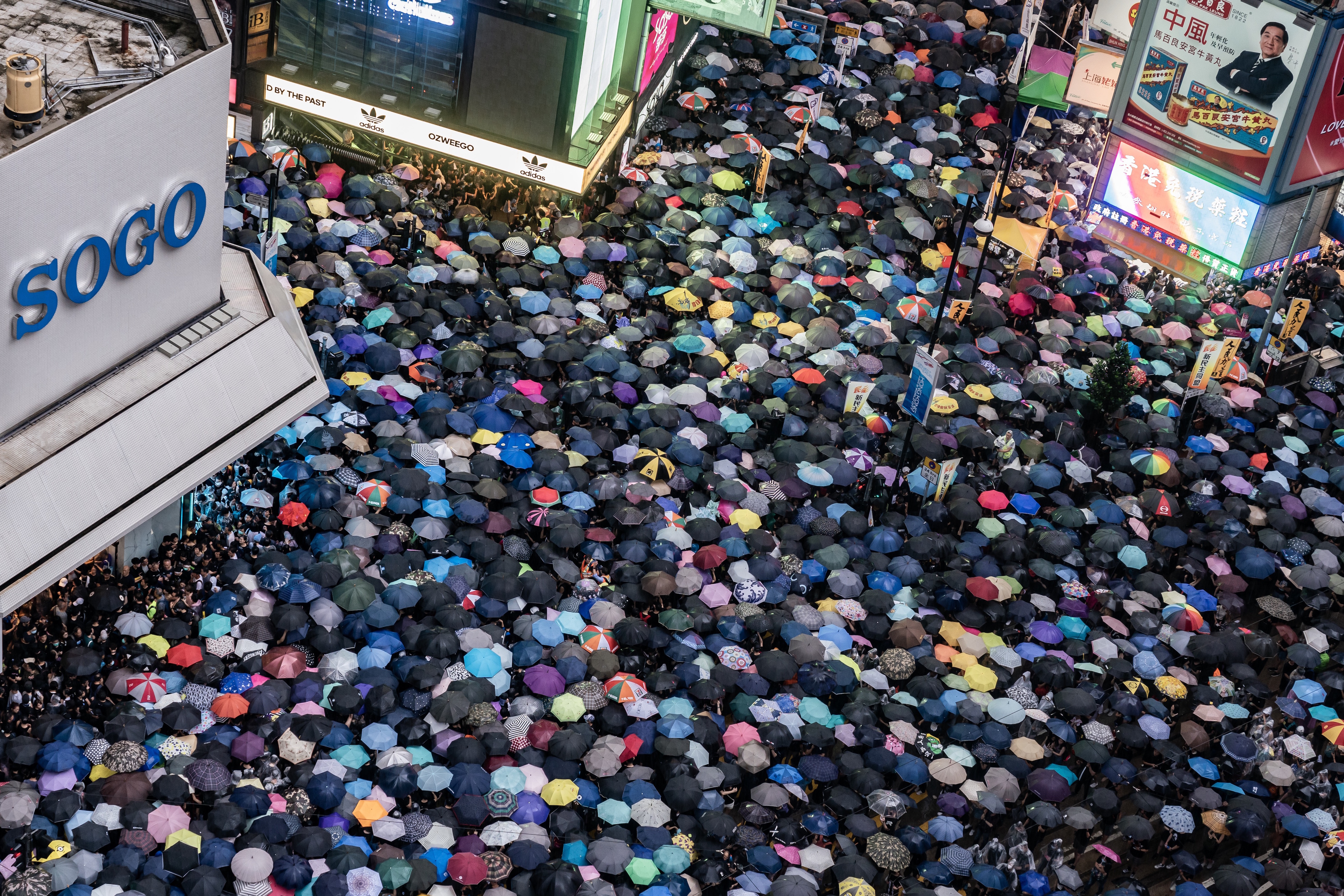
Hong Kong continues to be wracked by civil unrest. How did it come to this, what does it signal, and where is it likely to end?
Published 20 August 2019
The civil unrest in Hong Kong, where the Beijing-backed government is in a standoff with pro-democracy protesters, is showing no signs of ending.
The protests began as a pushback against a law that would have allowed authorities to extradite people to China for trial, but have now become a broader call for more democracy.
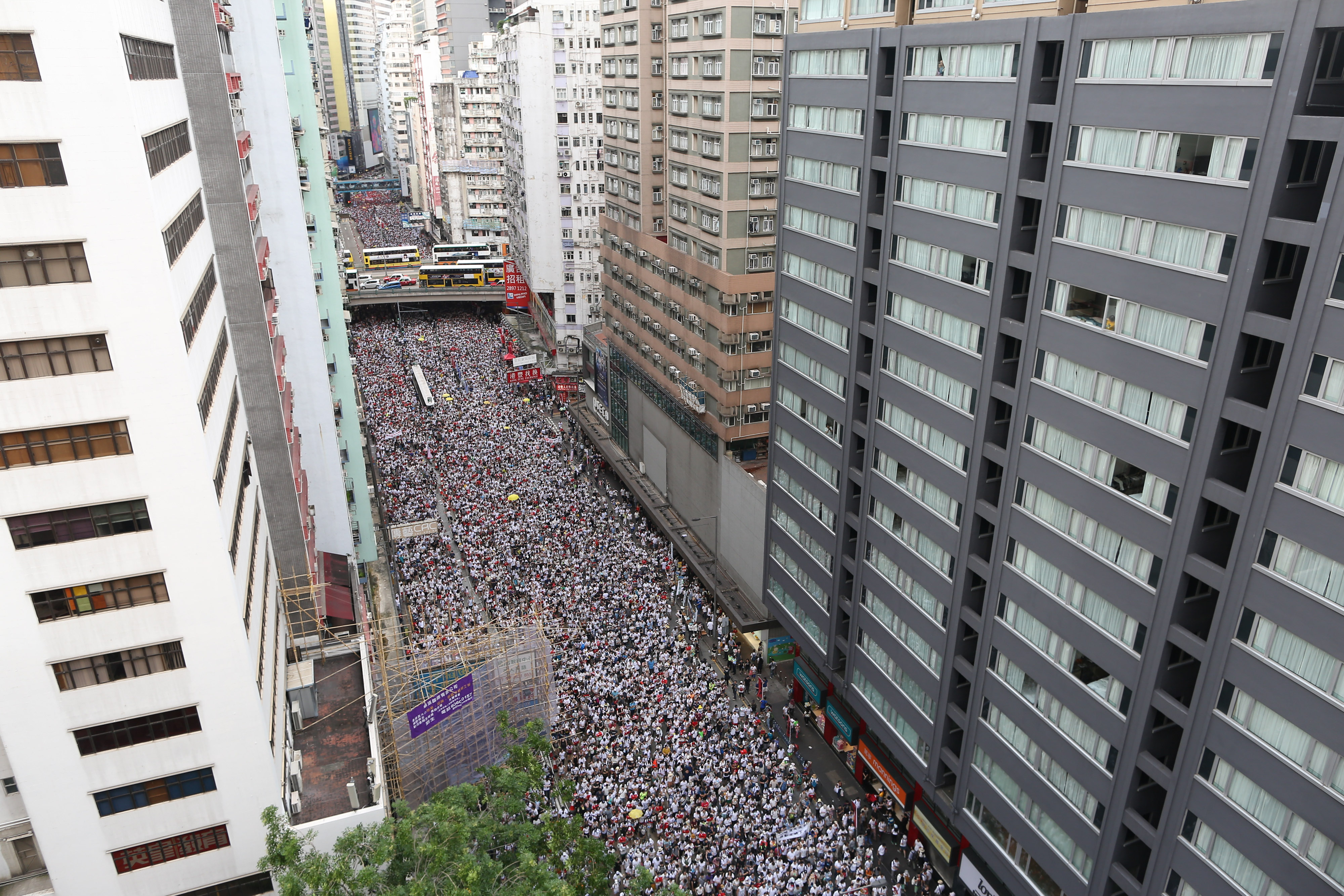
So how will this end? Will China restore some lost freedoms in Hong Kong or even extend some freedoms? Or will Hong Kong’s ‘special status’ come under increasing threat?
It was triggered by the Hong Kong government’s attempt to force a change to extradition law to allow the transfer of wanted persons into Chinese jurisdiction.
This has always been precluded by Hong Kong extradition law because of wariness towards China’s opaque and politicised justice system; and there are examples of Chinese authorities allegedly abducting their targets, whether political or commercial.

Politics & Society
The whispers of Tiananmen
In June a reported nearly two million Hongkongers – more than a quarter of the population – turned out to march in protest.
The government shelved the Bill but refused to formally withdraw it, so mass demonstrations have continued. These protests have been supplemented by smaller, unpredictable ‘wildcat’ protests adopting flexible, technology-enabled methods reflecting Bruce Lee’s mantra, ‘be water’.
After 150-plus years as a British territory, Hong Kong was handed back to China in 1997 on the terms of a bilateral treaty between the two countries which would safeguard the territory’s unique way of life for at least 50 years.
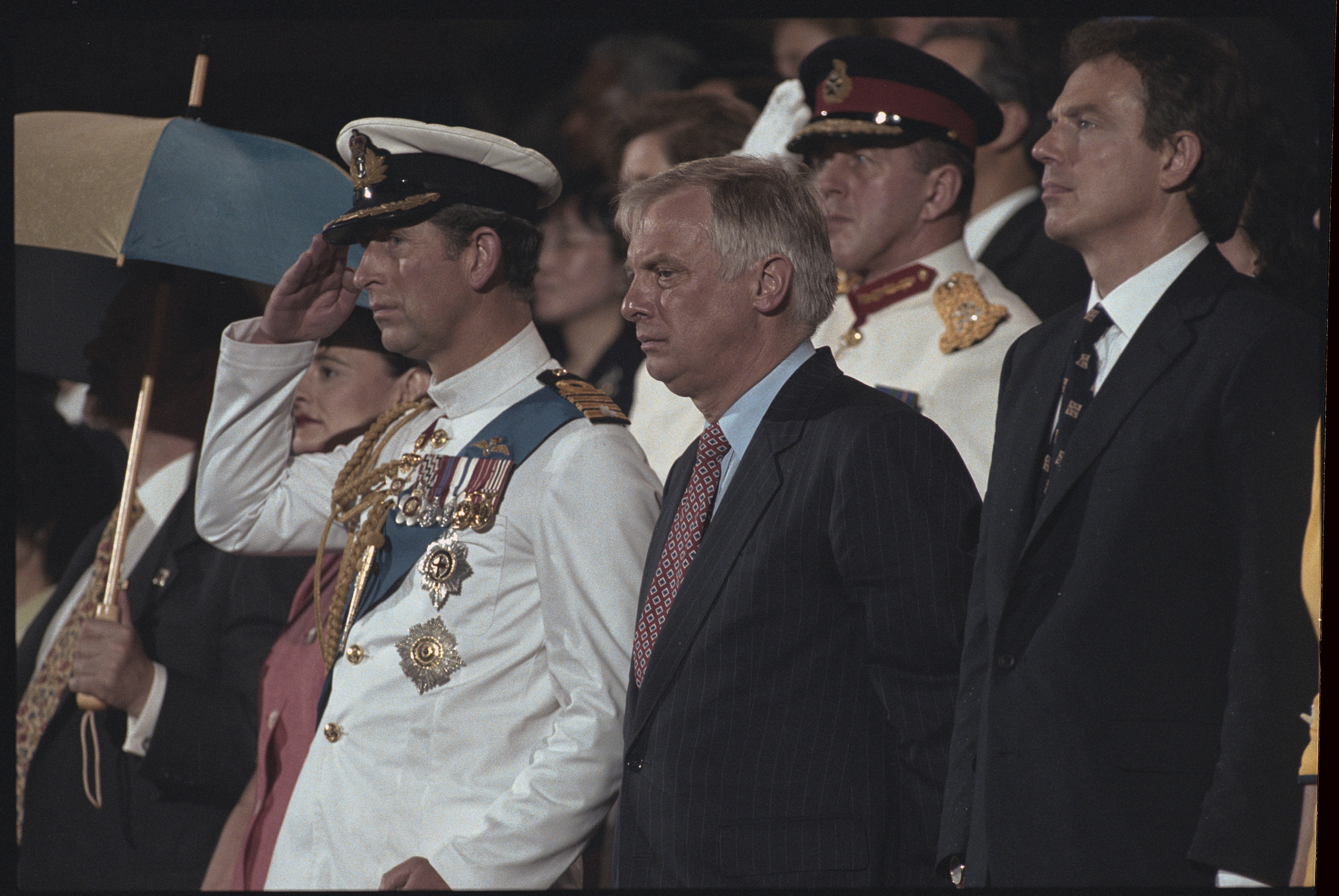
Hong Kong’s mini-constitution, the Basic Law, describes the ‘one country, two systems’ concept and provides for autonomy, self-government, judicial independence, rights protections and eventual full democracy.
By the time of the Handover, capitalism, personal freedoms and the rule of law were embedded in Hong Kong culture alongside dim sum and the Cantonese language.
Many Hongkongers and their forebears emigrated from China to escape poverty and political turmoil.
Suspicion of the mainland regime intensified after the 1989 Tiananmen Square crackdown. Fears were stoked in 1999, when Beijing overruled Hong Kong’s top court on constitutional rights, and in 2003, when the Hong Kong government promoted a draconian national security law that was abandoned after 500,000 marched in protest.
Becoming increasingly politically-engaged, Hongkongers called for democratic elections for the appointed Chief Executive and the semi-democratic legislature, culminating in the 2014 Umbrella Movement, a 79-day civil disobedience campaign.
In response, the Chinese and Hong Kong governments tightened the screws: protest leaders were jailed, opposition lawmakers were disqualified, a political party was banned and protest speech was suppressed.
The British gave Hong Kong democratic institutions – the separation of powers, an independent judiciary, freedom for civil society – but most of the legislature was chosen undemocratically, and the government was led by an appointed Governor running a commercially-motivated benevolent dictatorship.
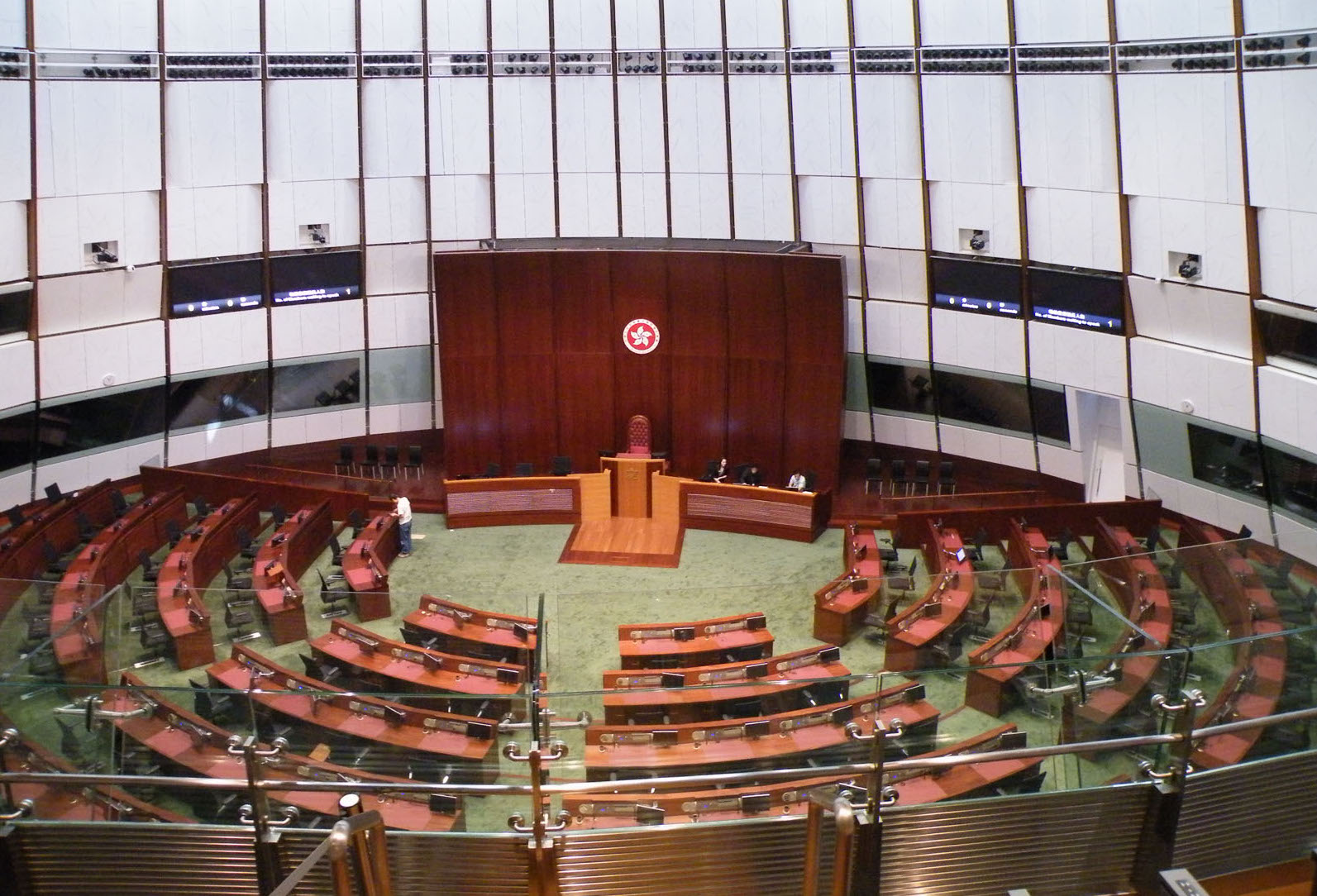
These undemocratic arrangements persist at China’s behest.
Hong Kong was slated for self-determination under the UN’s 1960 decolonisation treaty, but China orchestrated its removal in 1972.
The British pushed for greater representation during and after Handover negotiations, but China resisted and reversed nascent democratic reforms.
It was too little, too late, and Hong Kong transitioned from one form of colonialism to another.

Politics & Society
This is not a drill: 5 facts about the South China Sea
The 2014 Umbrella Movement repudiated violence, but it failed to achieve democratic reform and its leaders were prosecuted and jailed.
As one protester recently scrawled on the legislature wall: ‘you taught me peaceful protest doesn’t work.’ Now both sides have taken harder lines.
Protesters come equipped with hard hats, goggles, surgical masks and medical supplies, ready to confront police or the gangs of thugs that have come in their place.
Police have fired over 1800 cannisters of tear gas, introduced rubber bullets and bean bag rounds, and used batons and projectiles with decreasing regard for safety and tragic consequences.
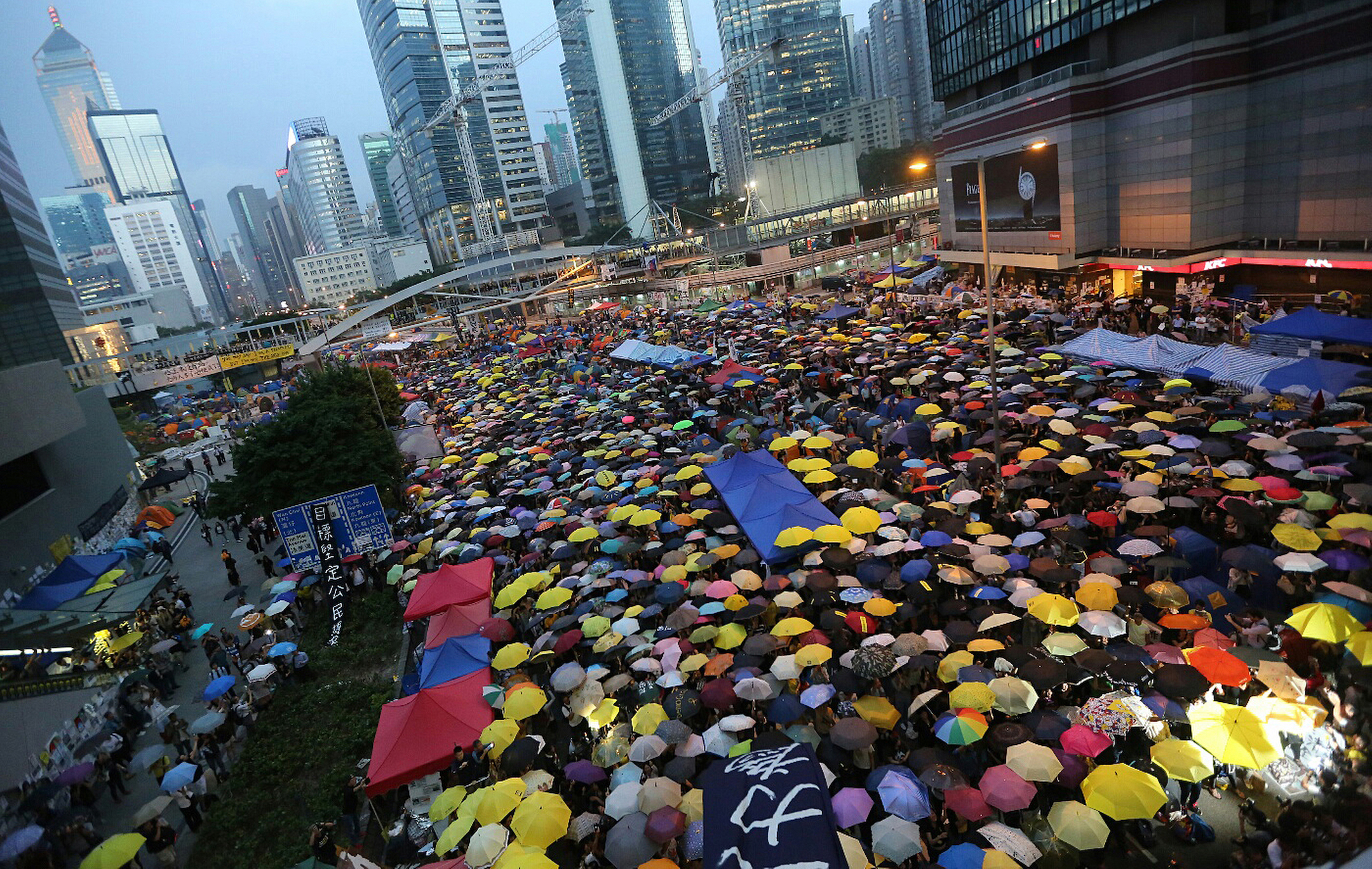
As violent clashes become commonplace, protesters have apologised for overstepping, but police have not.
Success is differently defined.
For protesters, democratic accountability would force Hong Kong’s government to address local grievances, like skyrocketing housing costs and inequality, instead of awaiting Beijing’s orders.

Arts & Culture
The history of paper
China’s political system, by contrast, is premised on the unchallenged primacy of the Communist Party, whose core concerns are domestic stability and territorial integrity. Beijing sees the Hong Kong protests as an ideological and separatist threat, and has refused to compromise.
Instead they’re offering the carrot-and-stick social contract used on the mainland – stay out of politics and focus on your material wellbeing, or be crushed. But this response has only galvanised protesters, and the sides have drifted further apart.
Tensions might ease if the Hong Kong government acceded to some of the mounting demands – at minimum, the withdrawal of the extradition bill, an inquiry into police conduct and the resignation of Chief Executive Carrie Lam – but many protesters would now resist settling for less than genuine democracy.
The worst outcome for all sides is Tiananmen Mk II, and it’s not an impossibility.

China’s defence minister recently called the 1989 crackdown ‘correct’. As the Hong Kong protests have progressed, China’s propaganda messaging has followed a Tiananmen-like pattern: from straight censorship to imputing violence, separatism, foreign meddling and even near terrorism.
Chinese state media have started spreading disinformation about the protests and showing security forces massing over the border.

Politics & Society
Rethinking Australia’s refugee policy
But there is some distance between attacking state symbols and genuinely threatening the state. For now, Beijing seems content to posture and work on public opinion while betting that Hong Kong authorities can put down or outlast the unrest.
Calls for de-escalation and compromise have come from the UN, the EU, the US, the UK, Canada and Australia, among others. For China, however, this is an internal matter and foreign interference is unacceptable. Beijing has even appeared to unilaterally repudiate the Sino-British treaty on Hong Kong.
Meanwhile, businesses are at risk of co-optation into the overt or covert pro-Beijing ranks. After several Cathay Pacific staff members were linked to protests, state bureaucracies and businesses targeted the airline with new crew-vetting requirements and boycotts. Cathay fell into line, firing those staff and its CEO, and condemning the protests.

China’s rise is the story of the 21st century.
As the country has grown in wealth and power, it has become increasingly assertive, influential and willing to project its own values.

Environment
Creating Pandora on Earth
It is critical to understand that Beijing specifically disavows Western institutions like democracy, human rights and the rule of law, or seeks to redefine them ‘with Chinese characteristics.’
Hong Kong is the canary in the coal mine when it comes to understanding how China interacts with liberal rules-based orders.
Not only do Hongkongers deserve our understanding in their fight for autonomy and freedom in the face of uncompromising authoritarianism, in the words of Martin Luther King Junior, seen on a banner at Hong Kong University: ‘injustice anywhere is a threat to justice everywhere.’
Brendan Clift is writing his PhD thesis on political dissent and the law in Hong Kong. He is a Teaching Fellow at Melbourne Law School, an Australian lawyer and a former Hong Kong journalist.
Banner: Getty Images